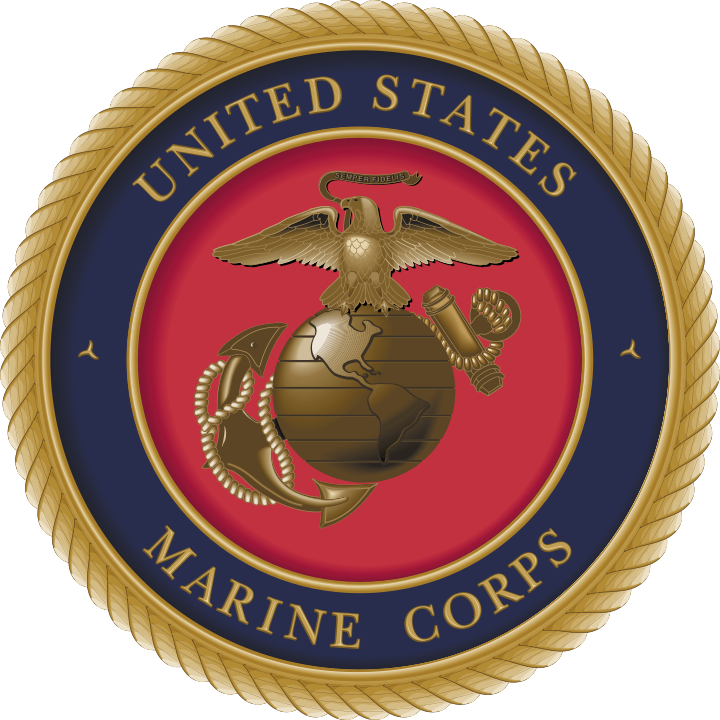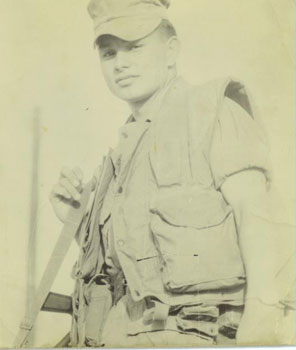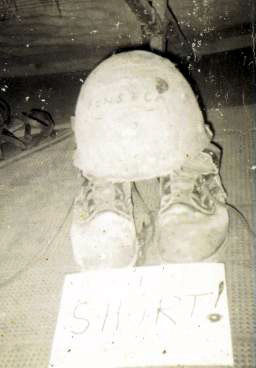ABOUT FLSG-A
- Origins during Operation Iraqi Freedom: Force Logistics Support Group Alpha (FLSG-A) was originally established to provide comprehensive logistical support to Marine forces during Operation Iraqi Freedom, playing a vital role in sustaining combat operations.
- Key Role in the Battle of Fallujah: FLSG-A was instrumental in supplying ammunition, fuel, and medical supplies to front-line units during the intense urban combat of the Second Battle of Fallujah in 2004.
- Innovative Convoy Operations: FLSG-A pioneered the use of heavily armored logistics convoys, adapting to the threats of IEDs and ambushes along critical supply routes in Iraq.
- Multi-national Collaboration: The unit frequently worked alongside coalition partners, including British and Australian forces, to ensure seamless logistics support across different sectors of operation.
- Establishing Forward Operating Bases: FLSG-A was often the first to arrive and set up essential infrastructure at new forward operating bases, enabling sustained Marine Corps operations in remote areas.
- Humanitarian Missions: Beyond combat support, FLSG-A contributed to humanitarian efforts, such as distributing water and food to local Iraqi communities, helping to win hearts and minds.
- Adaptation to Changing Threats: The unit rapidly integrated new technologies, such as improved mine-resistant vehicles and counter-IED equipment, to protect supply lines and personnel.
- Recognition for Valor: Members of FLSG-A received numerous commendations and awards for bravery under fire, particularly during high-risk resupply missions in contested areas.
- Legacy of Training: FLSG-A implemented advanced logistics training programs, some of which became standard across the Marine Corps for enhancing operational readiness in hostile environments.
- Transition and Redeployment: After major combat operations subsided, FLSG-A played a critical role in the drawdown and redeployment of US forces, ensuring equipment and personnel were safely withdrawn from theater.





